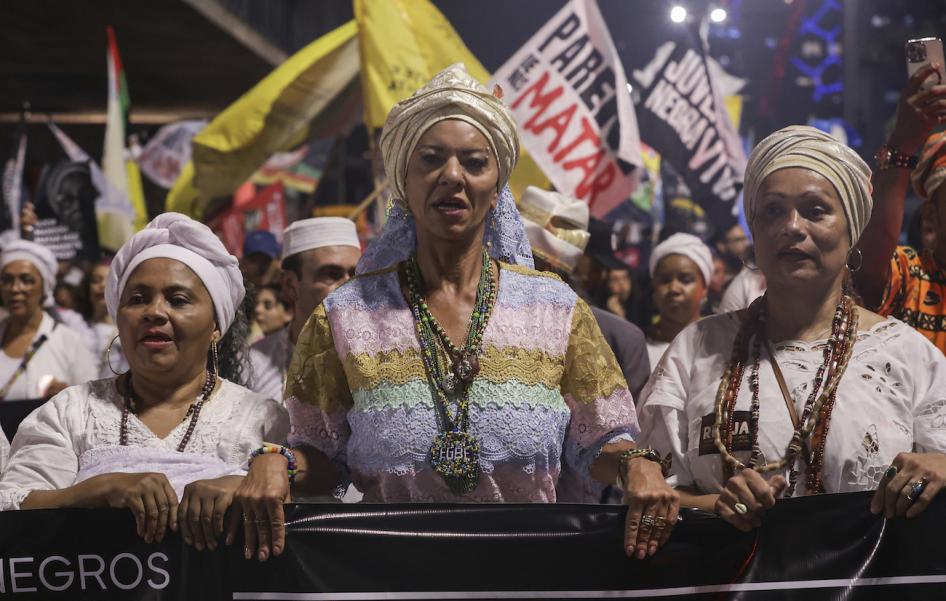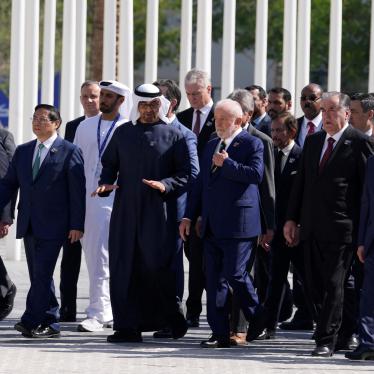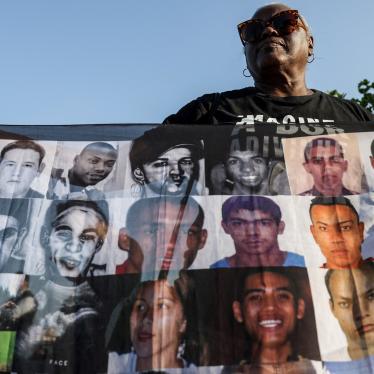For 12 days in late November and early December, a group of United Nations experts travelled across Brazil to gather heart-wrenching testimonies of victims and families who had lost loved ones to police brutality.
The experts are members of the UN International Independent Expert Mechanism to Advance Racial Justice and Equality in Law Enforcement, whose creation in 2021 was sparked by outcry over the murder of George Floyd by US police a year before. Human Rights Watch, together with more than 140 groups, had urged the UN experts to visit Brazil.
Police violence has long been an issue in Brazil. For years, civil society organizations, including Human Rights Watch, have been urging successive governments to take decisive action to ensure police abide by the law.
The UN experts echoed these longstanding concerns. “Brazil’s government must end the brutal violence being inflicted on people of African descent by the country’s police forces and hold perpetrators accountable for their crimes while ensuring justice for victims,” they said at a final press conference.
The experts highlighted that while in the United States, which has a severe problem of police violence, officers kill about 1,200 people per year, Brazilian police kill more than 6,000. In 2022, Black people comprised 83 percent of the victims, even though they account for just 56 percent of the population.
The experts denounced a public security policy aimed at killing suspects, seen as the “enemy,” leading to abuses and a generalized “erosion of trust in law enforcement,” a problem that Human Rights Watch has documented for years. “Widespread impunity” in police abuse cases compounds the problem, they said.
At a meeting with civil society in São Paulo organized by Human Rights Watch, we urged the experts to call for a national public security plan that includes measures to curb killings by police and addresses systemic racism. They should also call on the National Council of Prosecutors to adopt a resolution that would improve investigations into police conduct, including by ensuring prosecutors, and not police themselves, lead the investigations.
The experts will write a report based on what they heard in Brazil, which they will present to the UN Human Rights Council in September 2024. Authorities should use the experts’ recommendations to inform public security reforms so that all citizens are protected, whatever their race.
At their press conference, they said that Brazil needs to ground public security in human rights standards. That is exactly what Human Rights Watch has advocated for.










